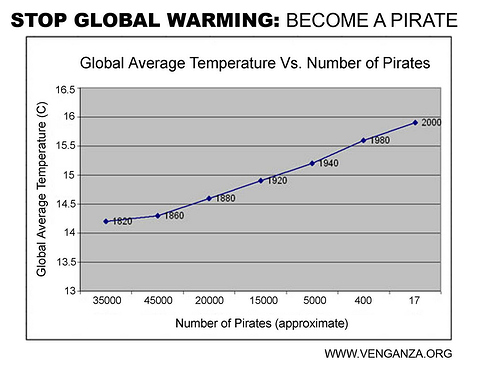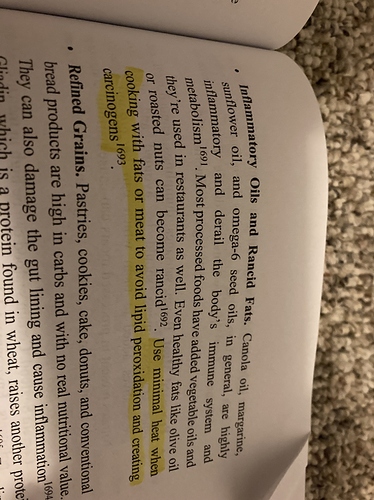What is your opinion on eating raw or very rare meat, beef lamb etc on a ketogenic diet?
Raw or very rare meat
I eat raw fish like clockwork. If I get my steak from a reliable source, it’s being eaten very rare. Just enough heat to get a little fat to cook eggs on the pan not grill***. Never grill/bbq unless it’s a campfire situation. Grinds in chili, over the course of hours I’ll bring the chili up to a boil, then dial down heat while constantly adding garlic, as garlic doesn’t like heat either  🧄
🧄
I don’t get the logic of cooking/grilling the fat out of steak; on a ketogenic diet. Counterintuitive! Especially on the grill where the fire consumes the fat. In a pan u at least have the option of consuming the fat later.
***members here give me heat for not recommending grilling 
You may be eating parasites by eating raw fish that hasn’t been commercially deep frozen first to kill off parasites. This I got from a commercial fisherman. They do a process called candling where the look at the fish under a light or candle to check for parasites. But I agree about cooking meat very lightly.
I’ve read, somewhere that Japan deals with around 100 cases per year of parasitic infections via raw fish. Something to that effect at least.
That being said, I’ve read in The Immunity Fix of the correlation between charring meat and its effect on the immune system is detrimental. I’ve been decried on here as being something of militant vegan propaganda pusher just mentioning that effect. So take what you want from that, my n=1 bottom line experience is that I can’t even stomach cooked fish and undercooked red meat treats me better than a well done steak 
If you want to, go ahead. See if it helps.
I’m a fan of you eating exactly as you please. But this sentence confused me… is the claim that there’s a correlation? Or is the claim that there’s an effect. A world of difference hangs in the balance.
Some considerations that would be useful in examining the author’s data:
-
Was the study a randomised controlled study?
-
How many people were studied?
-
If this was an epidemiological study, how big was the effect size? (If it’s not at least 2.0, it’s not worth bothering with.) And how statistically valid was the correlation? (P should be less than 0.001.)
-
Who funded the study? Who are the authors? What are their affiliations and conflicts of interest?
These questions will help determine the validity of the results. An epidemiological correlation can usually only indicate an area for further study, and it says nothing about the direction of causation (is it possible, for instance, that a defective immune system causes people to char their meat?).
The fewer the people studied, the less likely the results are to be repeatable. The fact that an effect may be statistically valid says nothing about whether it’s large enough to be clinically meaningful. If the study doesn’t report the absolute risk numbers, chances are they are trying to hide a small clinical effect. A 50% risk reduction is meaningless, If the risk in the untreated population is 0.5% to begin with.
Sources of funding and authors’ affiliations have a noticeable effect on the conclusions drawn. When all of the published studies showing a favourable effect were industry-funded, that tells you something.
Raw is a no from me… food is tasty cooked, and has a wonderful consistency, and I’m not one for pools of blood on my plate.
You might be right on it being an effect. I read it exactly a year ago. I should go over it again being it’s in my top 3 favorite books. Either way I’m not certain.
The author of The Immunity Fix, Dr. James Dinicolantonio, is well-respected. Nevertheless, I’d still love to see the research on which he bases that conclusion.
I’d also question the definition of “charring” meat. A good sear is one thing; burnt meat is something else, and it might be quite reasonable to believe that eating charcoal is not good for us.
It’s obviously my bias speaking, but I can’t help thinking that, as long as we are not burning the outside of our meat to a crisp, then it’s probably safe to eat.
Just to clarify, I’ve got no dog in this particular fight… and I remain uncertain, too. It’s generally the case that identifying correlations is easy compared to identifying effects/causations - most especially when it comes to human health in large populations given all the moving parts. So I’m biased toward skepticism when it comes to “effects.”
Like @PaulL though I’m also a fan of DiNicolantonio’s work, but still wonder about the details in this case.
By charring the outside of steaks when grilling, then turning down the heat and slow cooking to desired temperature, you “seal in” in the juices (okay, yeah, the blood).
This would seem to be where lots of nutritional benefits come from (again, the blood). Can’t see how letting those vital juices drain out would otherwise be healthier, but who knows 
Agreed 100% Perfect grill marks are just a marketing ploy. I would much rather eat a steak that has an overall sear on both sides than a steak that just has crisis cross patterns on it.
Page:205
In reference to foods that weaken the immune system. I only practice cooking over fire. Don’t like fat dripping in the fire. Seems wasteful.
I have seen these. Some are not even that small! Sorry for the unpleasant post.

I eat several kinds of fish both raw and cooked. Tuna in particular if I’m cooking it will be rare.
All red meat is rare except bear, that must be cooked to an internal of 165. Pork is medium to medium rare. Fowl is cooked through except wild duck, it’s medium.
I cook the outer layer of everything, keeping the inside of most of what I eat raw, with a few exceptions like chicken liver and pork belly. Love the natural flavours.
Just wondering since somebody mentioned how grilling makes the fat go into the fire…is it possible to grill over some kind of fire proof tray ?
Don’t worry about it, you’re really not losing that much fat and besides, grilled fat with a good sear is delicious. I cook a lot of my meat over an open fire or smoke it in my pit smoker and yes, some fat renders out but it’s not enough to concern myself with.
When I smoke a brisket I’ll trim a bunch of fat off of it and then render it down to make tallow. It takes a long time, hours, to get it all to render out so that six minutes on the fire isn’t going to do much to your steak.
Just start the fire, burn that beast and be happy.
Definitely wouldn’t taste as good. Plus, unless you REALLY trust where it came from, it’d be a bad idea as a whole.


